Frank Crivello: What is Industrial Real Estate?
This property type can include everything from warehouses and distribution centers to manufacturing facilities and data centers.
 Industrial real estate has made countless headlines in recent years. First, as a promising classification of commercial real estate (CRE) with massive growth potential alongside the expansion of e-commerce. Then, as the COVID-19 pandemic hit, as the darling of commercial real estate in response to explosive e-commerce growth and renewed corporate interest in reshoring production to the U.S. in pursuit of better supply chain resiliency.
Industrial real estate has made countless headlines in recent years. First, as a promising classification of commercial real estate (CRE) with massive growth potential alongside the expansion of e-commerce. Then, as the COVID-19 pandemic hit, as the darling of commercial real estate in response to explosive e-commerce growth and renewed corporate interest in reshoring production to the U.S. in pursuit of better supply chain resiliency.
Much like the term “supply chain,” “industrial real estate” has become a household phrase in recent years. But what is industrial real estate, exactly?
Understanding Industrial Real Estate: Definition and Scope
At its core, “industrial real estate” refers to any commercial property that gets zoned and used for industrial purposes. This can include everything from warehouses and distribution centers to manufacturing facilities and data centers. Industrial real estate is a vital part of the supply chain, providing the proper space and infrastructure needed to produce and transport goods and products around the world.
One of the key factors defining industrial real estate is its versatility. Because architects design such properties for industrial use, they often get built with functionality and adaptability in mind. Common features can include high ceilings, reinforced flooring, wide open spaces, and loading docks that can accommodate a wide range of industrial equipment, such as:
- Warehouse racking
- Carousels
- Servers
- Conveyor systems
- Machine tools
- Robotics
- Industrial scales
- Storage tanks
- Mixers
- Generators
- Packaging machines
However, despite their flexible nature, industrial properties can also be highly specialized. For example, a manufacturing facility that produces high-tech electronics will have very different requirements than a warehouse that stores dry bulk goods. Because of this, industrial real estate often requires specialized knowledge to navigate when looking for a facility.
Growth Drivers for Industrial Real Estate
Investors once considered industrial as a fairly reliable sector of CRE. It wasn’t flashy or glamorous, but industry professionals generally considered it a safe investment thanks to a growing need for warehouses, distribution centers, outdoor storage, truck yards, and other various supply chain and manufacturing facilities.
Now, however, things have changed. Industrial real estate has become a hot topic in recent years for a few different reasons:
- E-commerce. As more and more people shop online, companies need additional space to store and ship their products. This trend led to a surge in demand for fulfillment and distribution centers—particularly in areas close to major population centers.
- Manufacturing. Many U.S. companies have begun returning their production assets to U.S. soil, driving a need for modernized manufacturing plants that can handle advanced automation’s power and infrastructure requirements.
- Cold storage. U.S. cold storage infrastructure is significantly outdated, which became problematic during the COVID-19 pandemic. As a result, the food and pharmaceutical industries have made significant investments in updating and expanding cold storage access.
As seen here, there is a lot of opportunity in the industrial real estate market. As demand for these properties continues to grow, there will be a need for new construction and redevelopment projects to meet this demand. Despite the chatter about an economic downturn and its impact on the sector, industrial real estate will continue to be an important part of the real estate market for the foreseeable future.
Though the sector is settling after the massive demand surge during the COVID-19 pandemic, the demand for industrial properties will continue to grow reliably. As a result, brokers, developers, and property owners who can navigate this sector’s unique challenges and opportunities will reap the benefits.
About Phoenix Investors
Founded by Frank P. Crivello in 1994, Phoenix Investors and its affiliates (collectively “Phoenix”) are a leader in the acquisition, development, renovation, and repositioning of industrial facilities throughout the U.S. Utilizing a disciplined investment approach and successful partnerships with institutional capital sources, corporations and public stakeholders, Phoenix has developed a proven track record of generating superior risk adjusted returns, while providing cost-efficient lease rates for its growing portfolio of national tenants. Its efforts inspire and drive the transformation and reinvigoration of the economic engines in the communities it serves. Phoenix continues to be defined by thoughtful relationships, sophisticated investment tools, cost-efficient solutions, and a reputation for success.

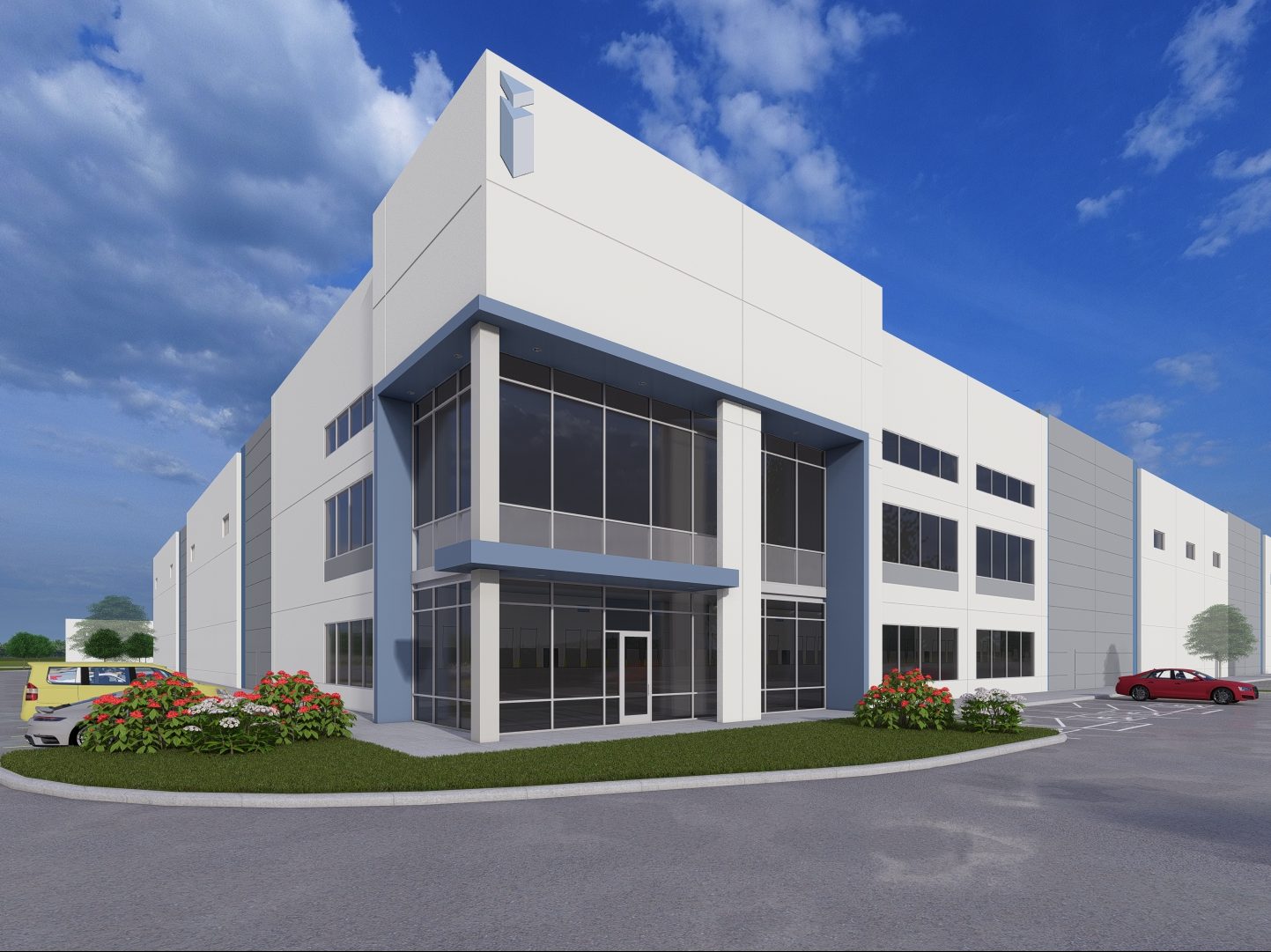

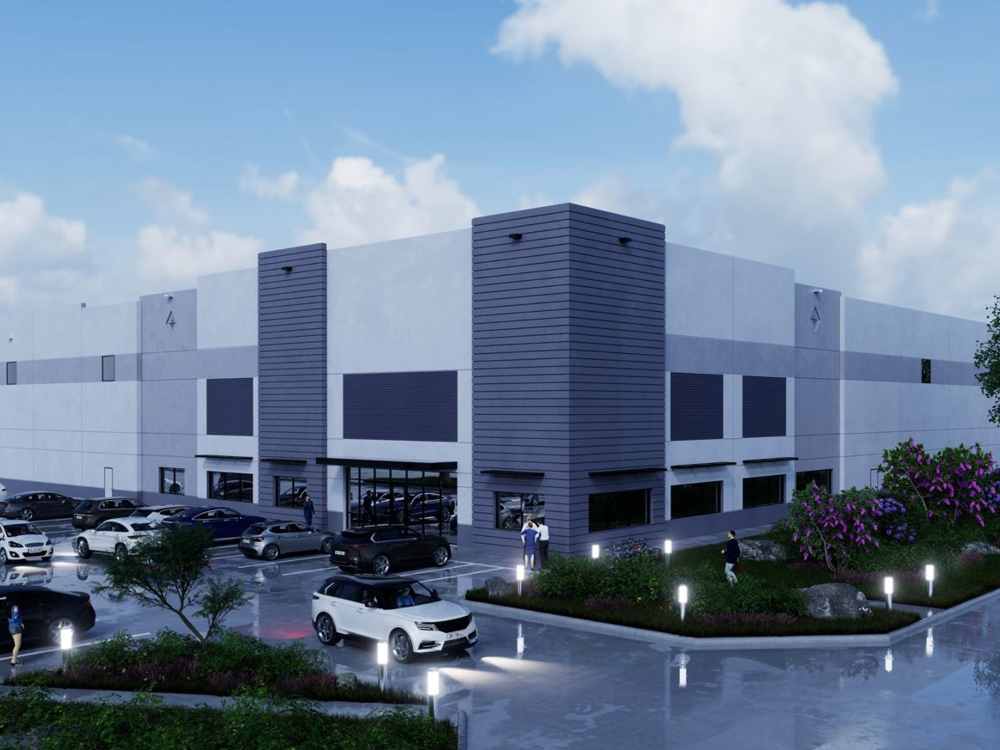
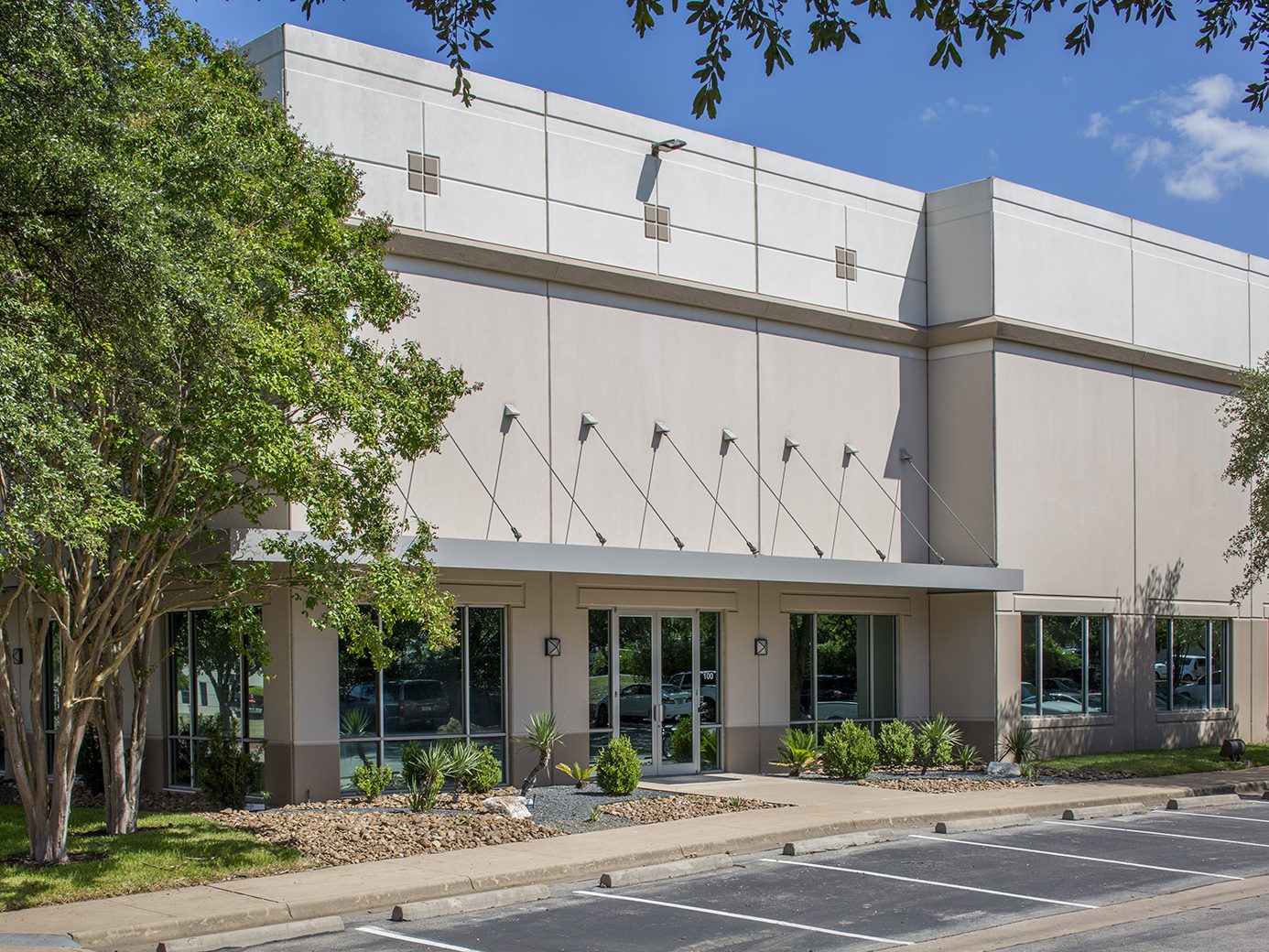
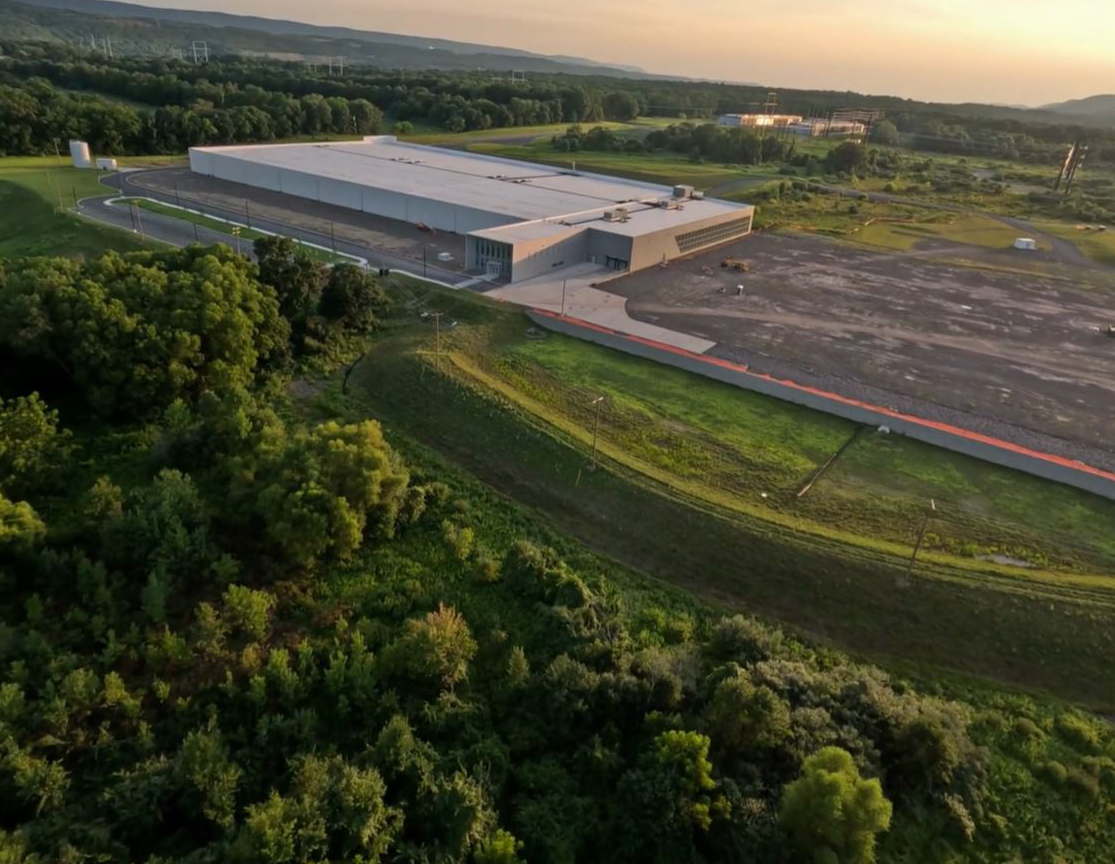
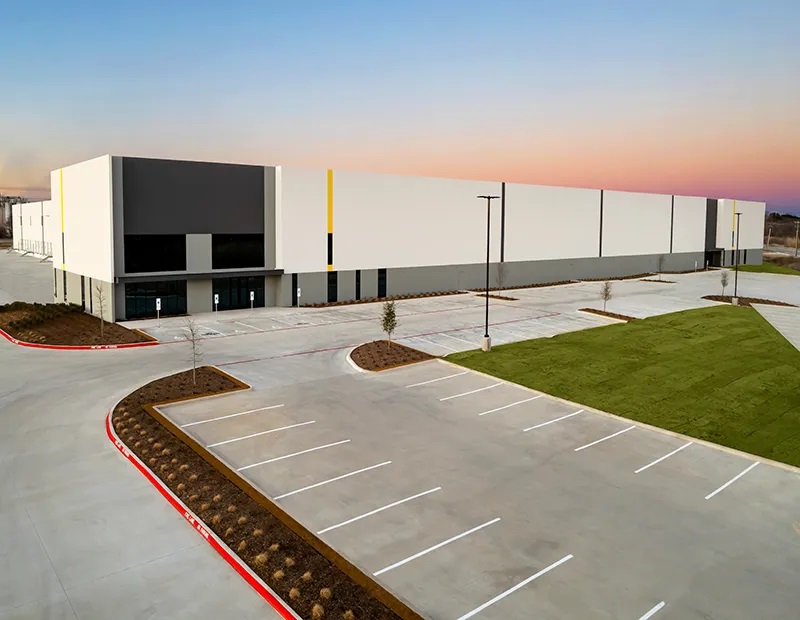
You must be logged in to post a comment.